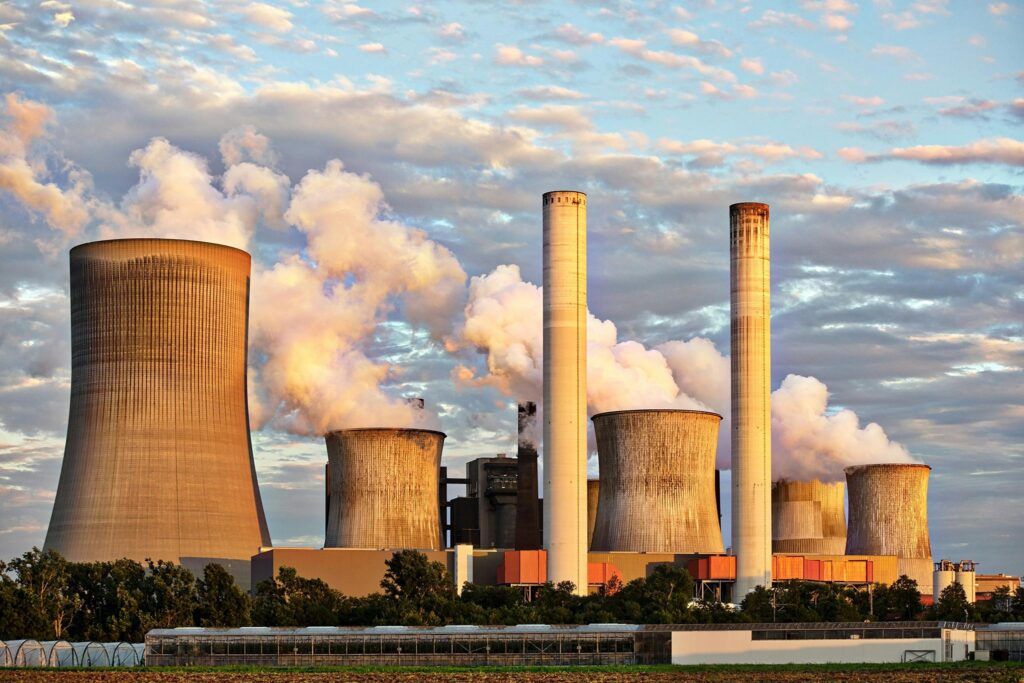- Politics
- Iran Nuclear Program
- By Manohar Patil
Escalation in the Middle East: Israel's Strikes on Iran's Nuclear and Military Sites
The fragile geopolitical landscape of the Middle East has been significantly destabilized by recent Israel’s strikes on Iran’s nuclear and military sites, marking a dramatic escalation in the long-standing shadow war between the two regional adversaries. These overt military actions by Israel against its arch-foe have sent shockwaves across the globe, raising fears of a wider, more devastating conflict in an already volatile region.
The Rationale Behind Israel's Actions
Israel has consistently viewed Iran’s nuclear program as an existential threat, asserting that Tehran is covertly seeking to develop nuclear weapons. Despite Iran’s insistence that its nuclear ambitions are purely for peaceful energy purposes, international atomic watchdog agencies have noted Iran’s increasing enrichment of uranium to near-weapons-grade levels, raising serious proliferation concerns.
Iran's Capabilities and Response
International Reactions and Future Implications
The international community has reacted with widespread alarm, urging both sides to exercise restraint and de-escalate tensions. World leaders, including U.S. President Donald Trump, Russian President Vladimir Putin, and Turkish President Recep Tayyip Erdogan, have engaged in diplomatic efforts to prevent an all-out war. Concerns are particularly high regarding the potential impact on global oil prices, given the proximity to the Strait of Hormuz, a critical chokepoint for oil shipments.
The long-term consequences of these strikes remain uncertain. While Israeli officials suggest the attacks could set back Iran’s nuclear program by months or even years, experts warn that such actions might also embolden Iran to redouble its efforts to achieve nuclear capabilities. There’s also the risk of increased instability in the broader Middle East, potentially drawing in other regional and international actors. The delicate balance of power has been profoundly disrupted, and the path forward is fraught with uncertainty, demanding urgent diplomatic engagement to avert a catastrophic regional conflict.
Subscribe to News Letter


